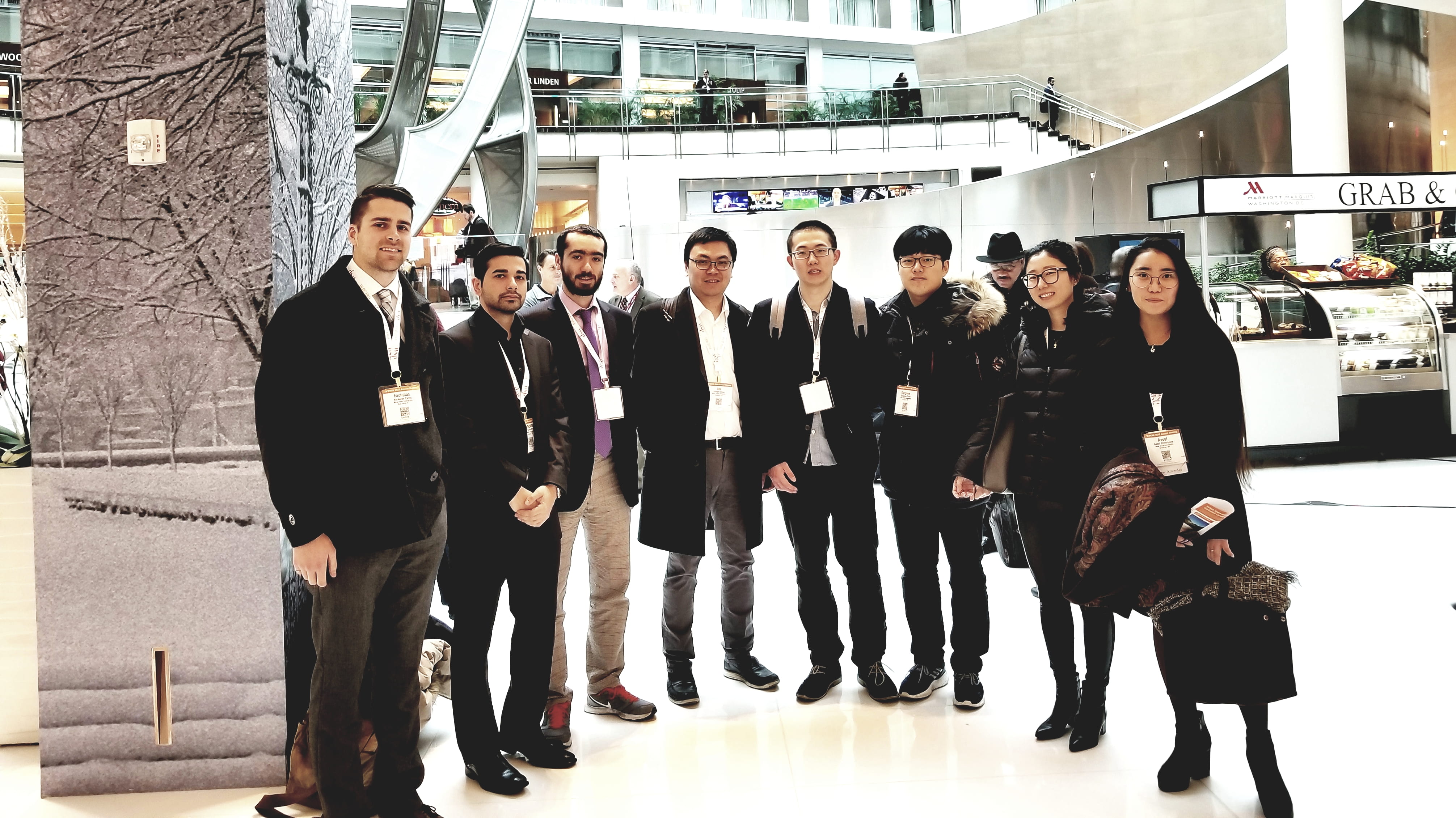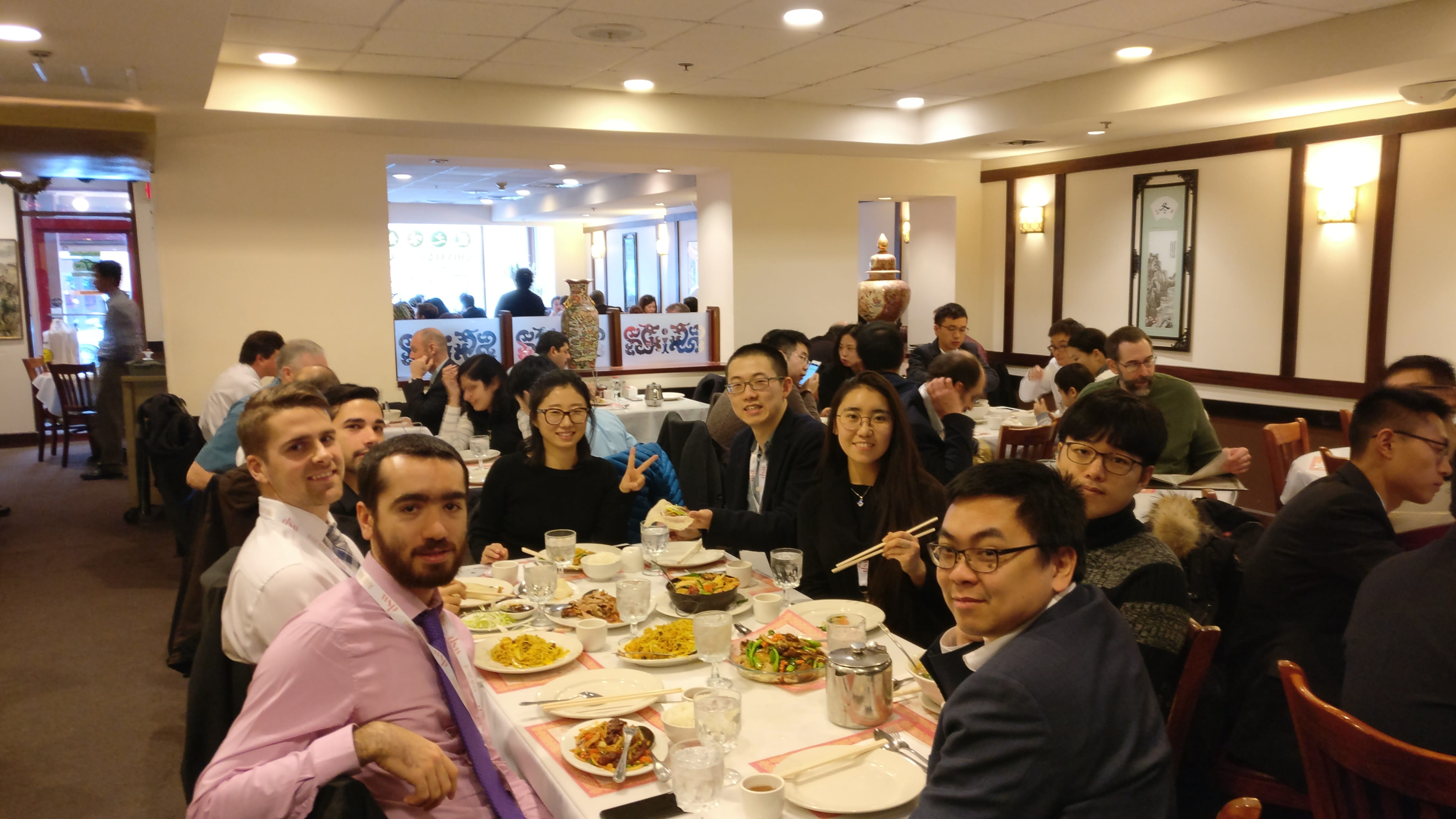MaaS Platform Equilibrium Model is a tool designed to model the decisions of travelers and operators in a Mobility-as-a-Service (MaaS) platform, allowing platform subsidy plans to to achieve a desirable equilibrium. The model considers different types of services providers: Mobility-on-Demand (MoD) operators and traditional fixed-route transit operators. It facilitates efficient management and coordination between users, operators, and the platform within a mobility ecosystem.
The model takes the network structure of the operators, travelers’ and operators’ costs, traveler demand, and a system objective, and outputs the assignment of traveler demand, operators’ operation decisions, and subsidy plans that optimizes the system objective. Potential system objectives includes minimizing system total costs, maximizing equity indices, minimizing GHG emissions, etc. The current tool considers minimizing system total costs.
The tool is coded in Python 3.8.5, which could be found here.




